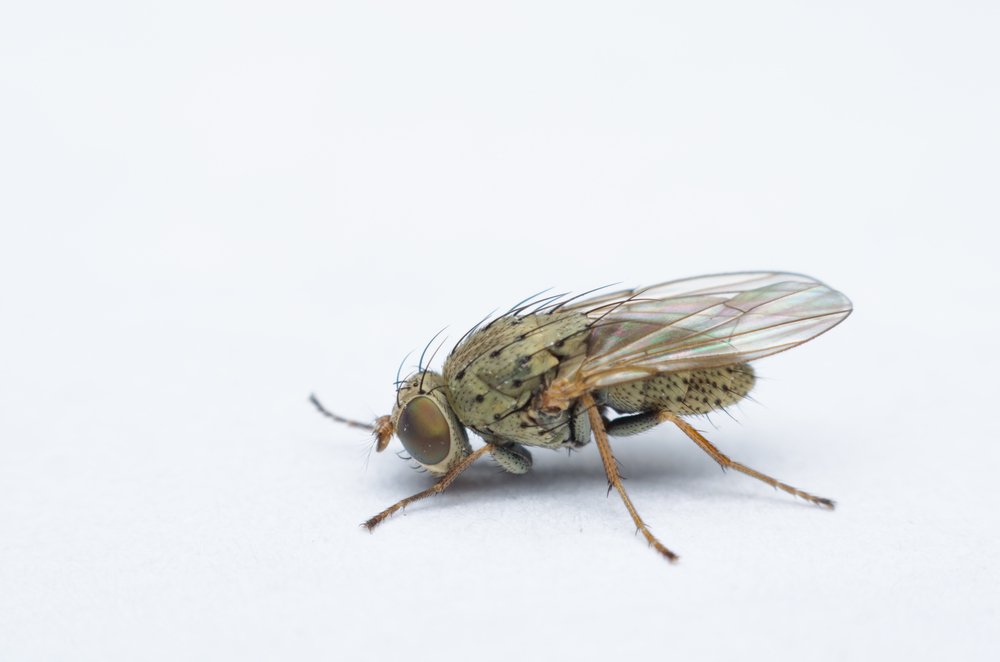Mutant TDP-43 Alone Not Enough to Cause ALS Neurodegeneration, Insect Study Suggests

Mutations in the TDP-43 gene might not be causing the disease changes seen in amyotrophic lateral sclerosis (ALS) on their own, but might need additional environmental or genetic factors to trigger disease.
This was the conclusion of scientists at the Oregon Health & Science University who studied mutant forms of the TDP-43 proteins in fruit flies, and found that the proteins did not impact behavior or survival of the flies.
The study, “Drosophila lines with mutant and wild type human TDP-43 replacing the endogenous gene reveals phosphorylation and ubiquitination in mutant lines in the absence of viability or lifespan defects,” was published in the journal PLOS ONE.
TDP-43 is one of the main components present in protein aggregates in the brains of people with ALS, as well as those with frontotemporal dementia. The findings have made researchers suggest that mutant or otherwise flawed TDP-43 might be involved in neurodegenerative disease processes.
But, so far, they have not been able to explain why people with the same mutation, even within the same family, fall ill at very different ages. This indicates that other factors contribute to the emergence of disease.
To explore this possibility, the research team turned to one of the smallest animal models available — the fruit fly. Although flies are very different from humans, we share certain fundamental molecular features with the tiny creatures. Since they also are easy to manipulate using modern gene-editing techniques, they are a suitable species to study molecular effects of TDP-43 mutations.
The team generated flies in which they replaced the fly gene with one of two mutant human TDP-43 genes, or a normal human gene. But despite extensive tests, they could detect only certain mild behavioral abnormalities. Mutant TDP-43 did not impact the lifespan of the flies.
The results differ from what other studies have found. Those studies, in which researchers made animals produce excessive amounts of mutant TDP-43, typically showed reduced survival and severe behavioral abnormalities in the experimental animals.
The results also showed that the mutant types of TDP-43 — one of which is found in sporadic ALS patients and one in a familial ALS type — did not cause the protein to aggregate in flies as they aged.
This suggests that factors other than simply an abnormal gene are needed for the disease to start developing. Future research may eventually answer what these factors might be.






